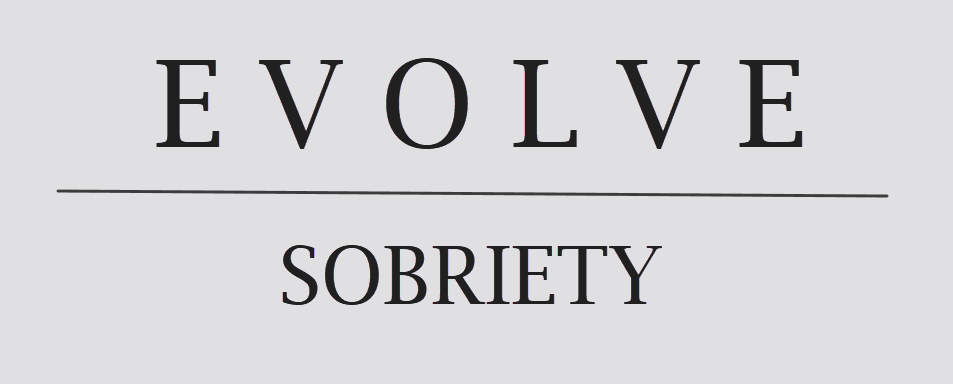Life after addiction treatment can be bumpy; having a plan in place is hugely important so that the possibility of relapse can be minimized and Sobriety maintained. This blog will look at pragmatic ways of staying drug-free in the long haul: building a solid support system, devising healthy mechanisms for problem-solving, and much more. The advice and enlightenment are supposed to help in opening up and empowering the individuals to take action in the journey of recovery from the cycle of addiction.

Building a Support Network for Addiction Recovery
Support Groups: These may be groups such as Alcoholics Anonymous (AA) or Narcotics Anonymous (NA) to help one feel part of a greater sense of community and become more accountable.
Lean on Family and Friends: Seek social support from friends and family who understand and can help you gain encouragement when things do not seem to work out best for you.
Connect with a sponsor—an individual who is already in a recovery process from an addiction and can offer personal guidance and one-on-one support when it is most needed.
Developing Healthy Coping Mechanisms

Practice stress management techniques: Seek stress-reducing mechanisms such as mindful meditation, deep breathing exercises, or yoga that could reduce stress without recourse to substances.
Hobbies and Interests: Art, music, sports, outdoor activity—everything that helps find positive ways of self-expression and fun.
Self-care priority: Ensure that self-care is on top of your list regarding getting enough sleep, eating nutritious meals, and exercising to support your physical and mental well-being.
Avoiding Triggers and Temptations
Identify Triggers: Recognize situations, places, or people that trigger cravings or temptations to use substances.
Set boundaries: Set boundaries with who or where would jeopardize your Sobriety and be ready to close them off if need be.
Develop strategies for coping: On the other hand, he should develop means to cope with cravings through distractions or seeking support from the people in his network in such challenging times.
Practicing Mindfulness and Self-Awareness

Staying right in the present moment: Practicing mindfulness techniques, staying right in the present moment, because people can find that the slightest thought of past regret or future worry may trigger the craving.
Check-in with Yourself: You should regularly assess your normal emotions, thoughts, and physical sensations to recognize stress or signs of discomfort leading to relapse.
Get Help from a Professional: If the urge or emotion appears challenging to control, then you may have to bring your problem before a seasoned professional therapist or counselor dealing with addictions.
Setting Realistic Goals and Celebrating Milestones
Break Down Goals: Set short-term goals that you know can be achieved so that they tally with your long-term recovery objectives. And, of course, enjoy your success as you go.
Celebrate milestones: Celebrate each milestone of staying sober, whether it’s been one, two, three, or even seven or more years.
Stay Motivated: Keep a journal or visuals of your progress to stay inspired and motivated on your way to Sobriety.
Being Prepared for Challenges and Setbacks
Get ready: understand that recovery is a process that has its ebbs and flows; there will be setbacks and stuff to challenge you that you have to face.
Learn from Relapses: Do not consider a relapse a failure, but use it to learn and grow. Recognizing common triggers or patterns that lead to relapse can provide insight into future prevention.
If something doesn’t go as expected, get in touch with people from your support network or with professionals. Recovery is a dynamic and on-the-go process, of which asking for Help is part.
Conclusion: Empowering Recovery with Actionable Strategies
In conclusion, from a relapse prevention perspective, upon completion of substance abuse and addiction treatment, the individual will have to front-end plan, commit to self-care, health, balance, and dedication to Other concrete strategies along the person’s recovery path through empowerment involving:
- Building a solid support system.
- Setting up mechanisms for healthy coping.
- Staying aware of triggers and temptations.
Remember, recovery is possible, and you’re not alone in this journey toward a healthier, substance-free life.
Call to Action for Evolve Sobriety
If you or a loved one is struggling with addiction, contact Evolve Sobriety today. Start your journey to healing with caring companions who help you work through tailor-made, proven treatment programs designed to prepare you for sober living and lifelong wellness. Give us a call today to learn more about how complete addiction treatment services can be of Help and be on your way to a brighter future free from substances.
